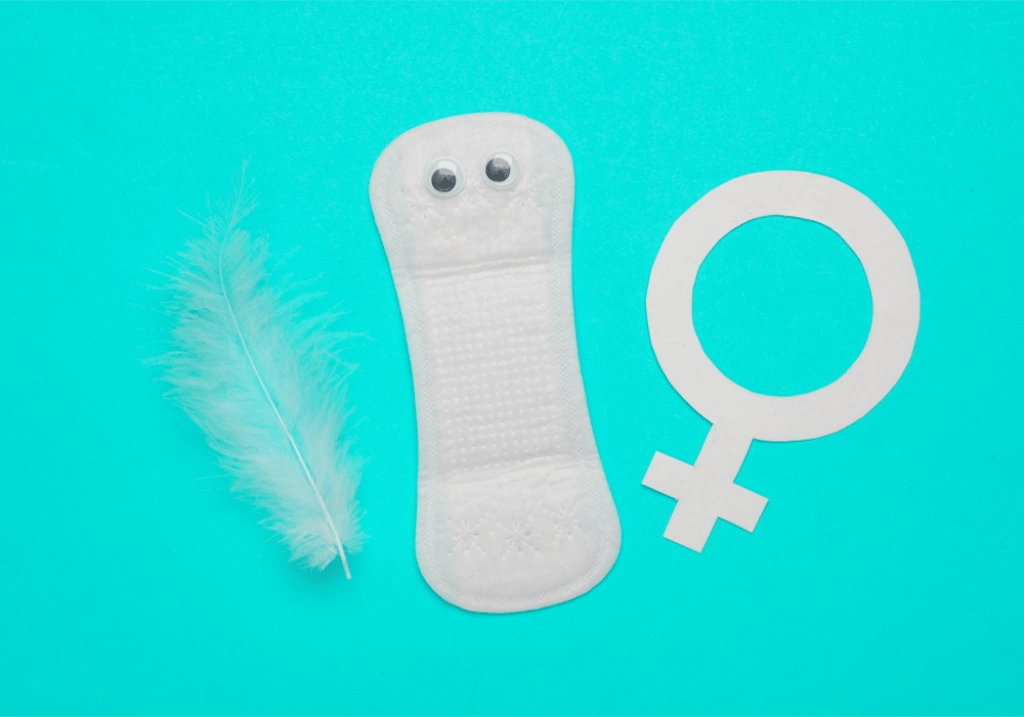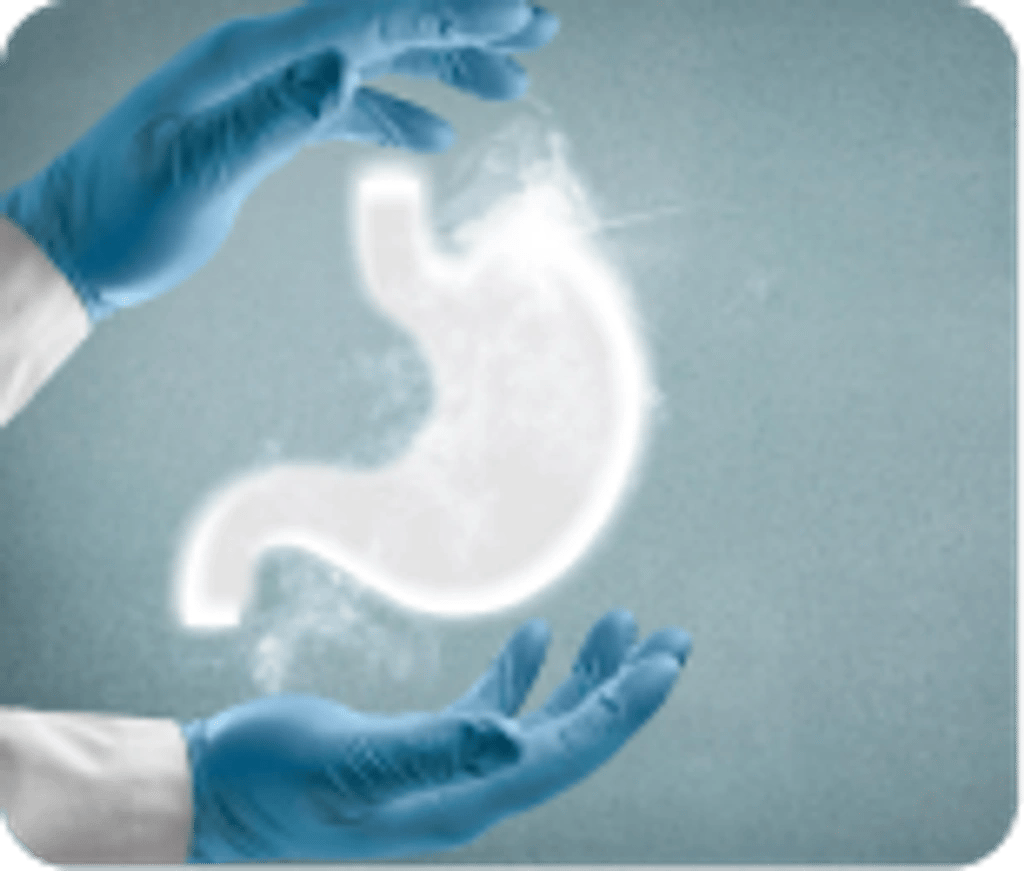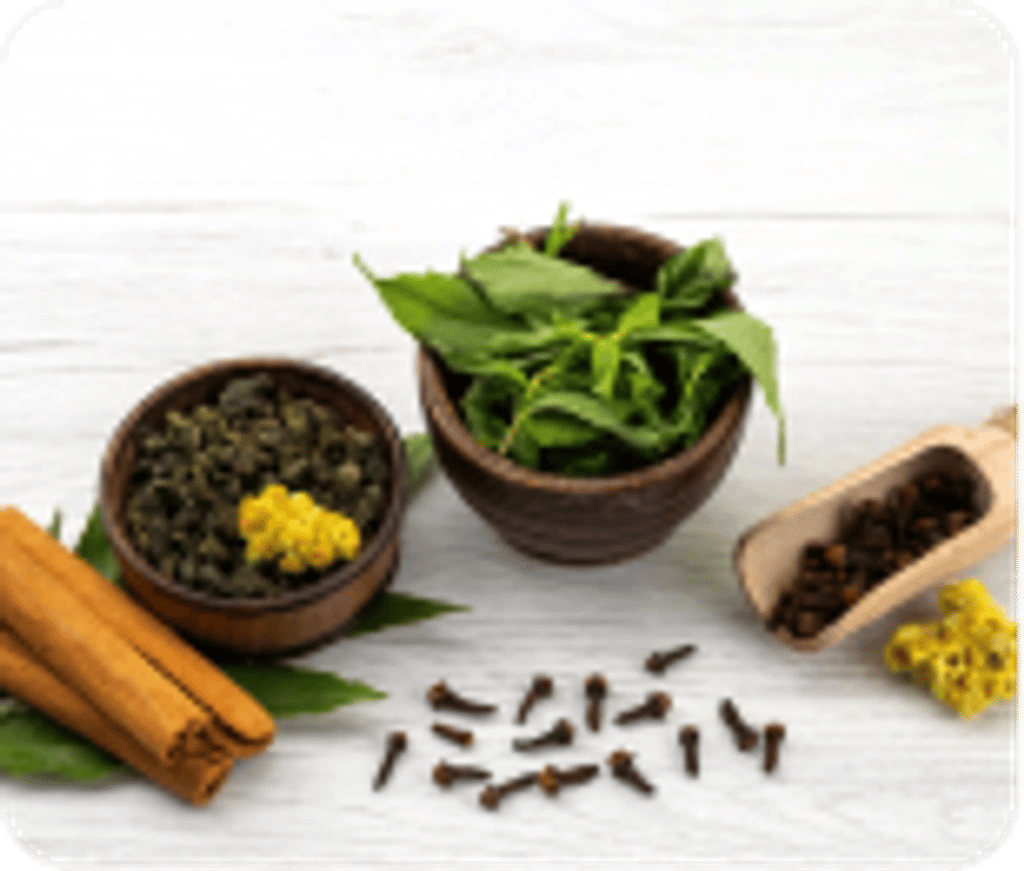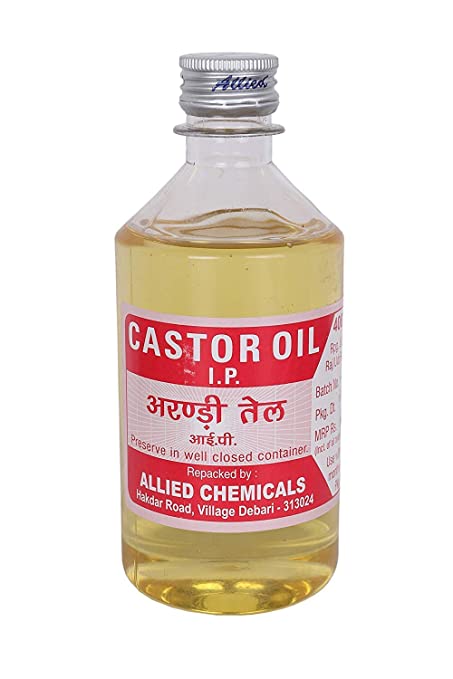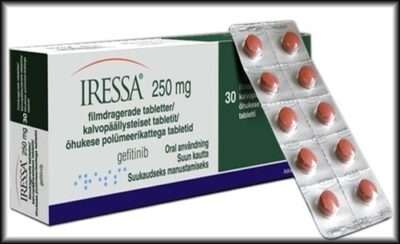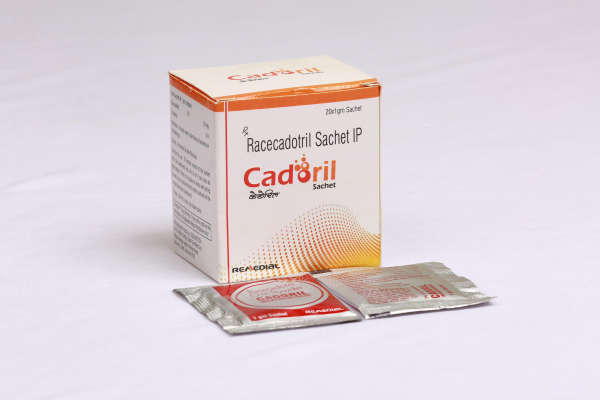Understand Your Prescription!
Click & Upload. Let Medwiki Explain.
Photo Tip → Flat page • Bright light • Full frame • Clear focus
More TipsHealth Topics
Top Medicines
Apr 24, 2024
I love their short videos—they explain things in a way I can understand. I used to wait for hours at the clinic, but now I just use 'Ask A Doc' to get answers fast. This platform really makes health easy!

Gaurishankar Jaiswal
Apr 24, 2024
मेडविकी स्वास्थ्य और दवाओं के बारे में समझने में मदद करता है। इसके माध्यम से मुझे मेरी दवाओं के सही उपयोग की समझ मिलती है

Anita bhaduri
Apr 24, 2024
Medwiki is the best place to go for health-related questions. The experts are always there to help, and the advice is excellent.

Kaya bhaduri
Apr 24, 2024
Medwiki makes it so much easier to understand healthcare. The videos are short and in my language. I love the 'Ask A Doc' feature—it saves a lot of time. Highly recommend




















